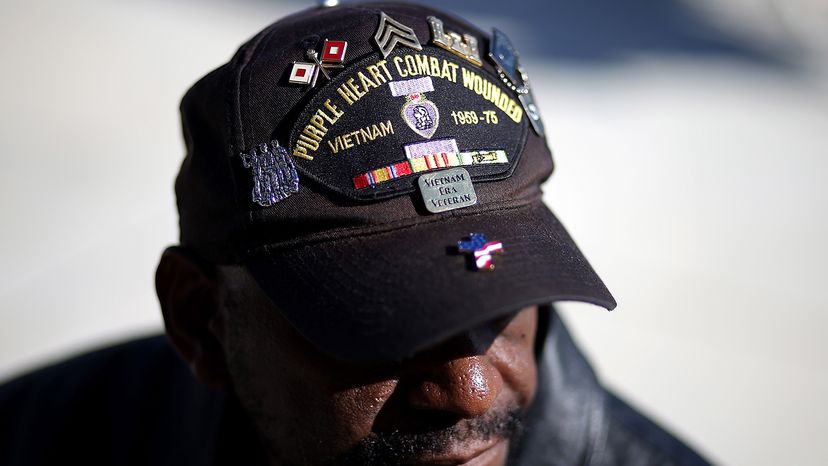Over the years, numerous organizations have been formed to help disabled veterans. While all of these organizations have roughly the same goal in mind, many of them approach it differently.
Some serve to provide disabled veterans with financial assistance while others focus more on providing them with rehabilitation services. Still other organizations focus solely on housing issues for disabled veterans.
USO
One of the most famous groups helping disabled veterans, veterans and current service members is the United Service Organization, or the USO. Bob Hope helped bring public awareness to the USO, which has been in operation for 75 years.
It offers housing, emergency assistance and support groups. If you would like to help the USO, you can do so by making a donation, volunteering or becoming a partner.
DAV
Another organization is DAV. It focuses on the rehabilitation of disabled veterans, and it strives to provide those veterans affected with specific disabilities such as amputation or blindness with the tools they need to live a fulfilling life. It also provides grants for disabled veterans.
Additionally, DAV employs National Service Officers who provide legal representation to disabled veterans free of charge in order to help them claim benefits [source: DAV]. As always, you can help by making a donation, or for a more hands-on approach, you could organize a fundraising event in your area.
PVA
Paralyzed Veterans of America, or PVA, is an organization that focuses its efforts entirely on helping those suffering from spinal cord injuries or spinal cord dysfunction. Its commitment to research and education is helping to lead the charge in finding a cure for spinal cord injuries.
Homes for Our Troops
Another organization, Homes for Our Troops, is making a difference by building specially adapted homes for disabled veterans. You can help by volunteering your time and getting your hands dirty.
These are just a few of the organizations helping disabled veterans. If you're passionate about this issue, one of the best ways to help is by raising public awareness. Simply talk about the issue at hand with your friends and loved ones. For more ideas and information, visit the links that follow.



